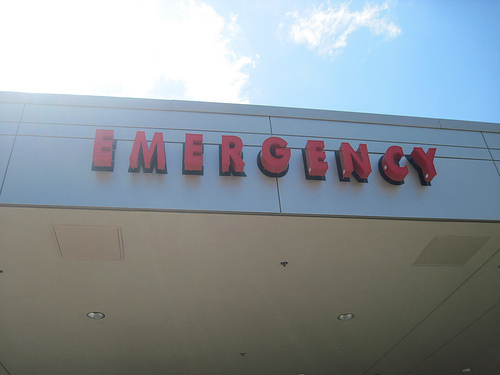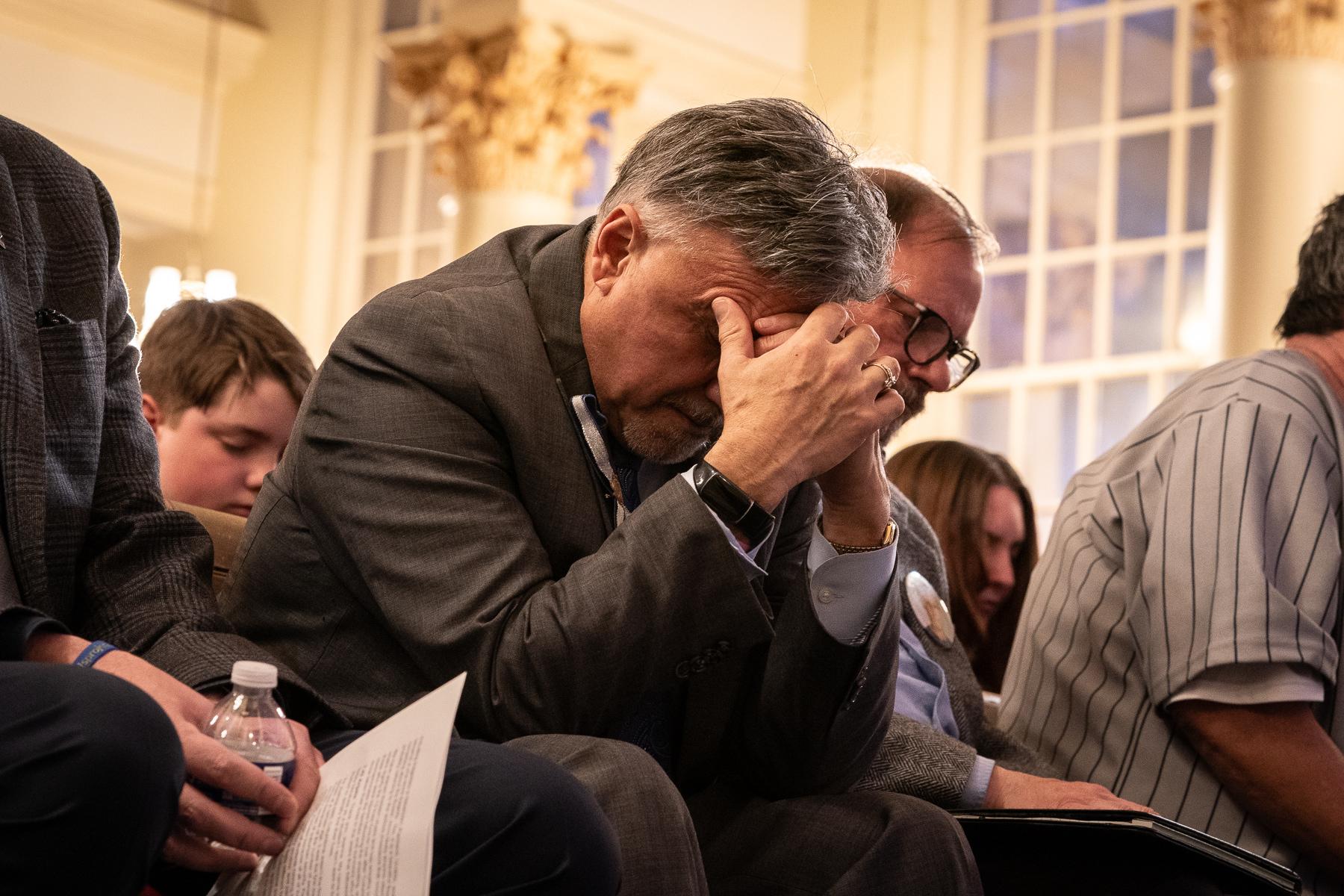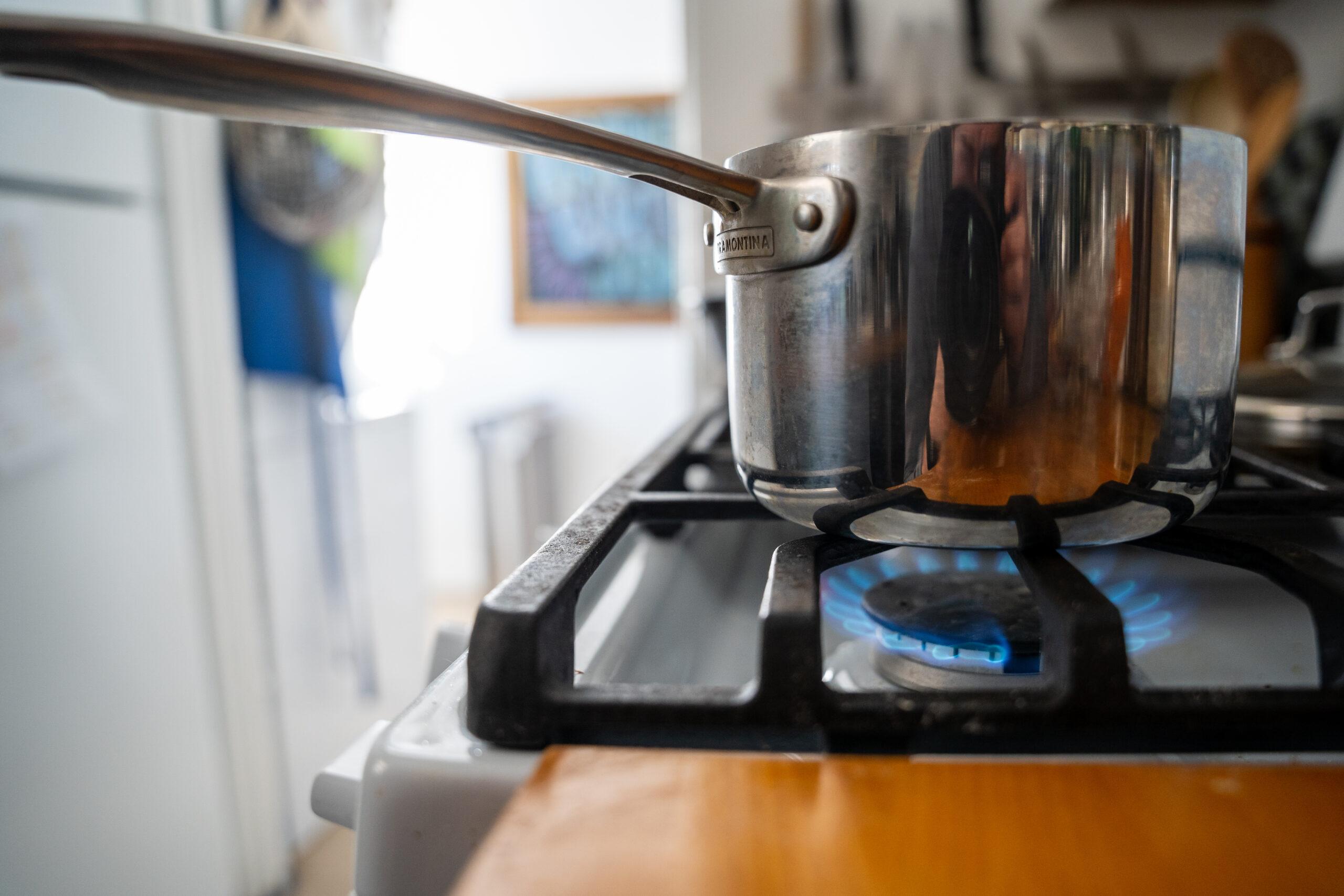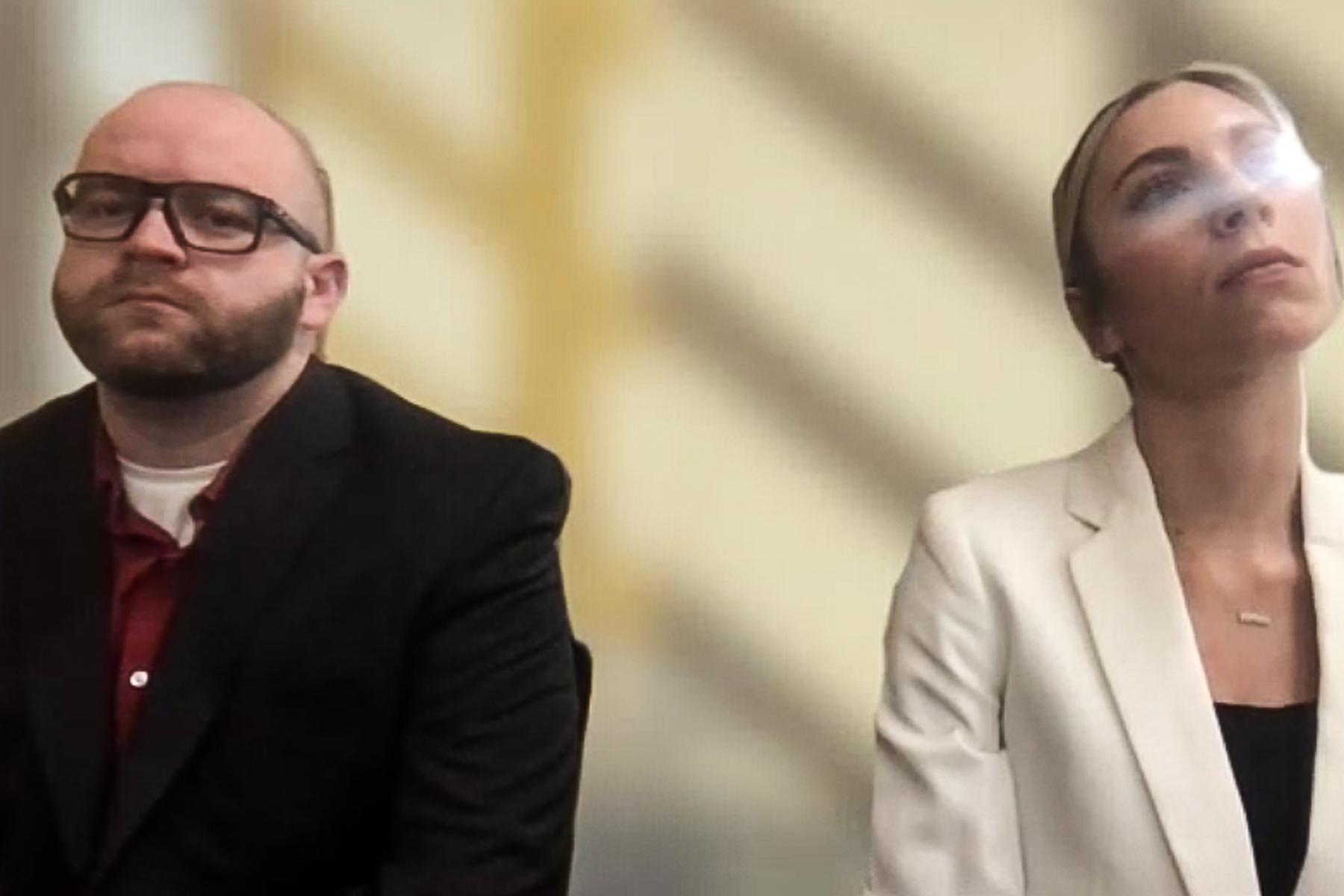

This is a transcript of Eric’s story.
CPR Health Reporter Eric Whitney: In 2006, Dr. Chris Collwel responded to the scene of workplace shooting at a warehouse near Colorado Boulevard and I-70 in Denver.
Collwel: Much like Columbine, the initial paramedics responded with law enforcement, and were not necessarily shot at, but there were bullets that were not far from where they were. It was still very much an active shooter situation.
Reporter: Dr. Collwel responded to the scene at Columbine too, in 1999. And he was on duty last summer when victims of the Aurora theatre shooting were brought to the Denver Health ER. In between the mass shootings, he’s treated scores of other gunshot victims from events that didn’t make national headlines.
Collwel: I don’t want to overstate that we’re dealing with shootings every hour of every day, but I think anybody would be surprised at how common it is to see victims of gunshot wounds in the emergency departments here in Denver and across the country.
Reporter: Dr. Collwel, who has 20 years experience in emergency medicine, takes it for granted that he’s likely to see at least one gunshot victim in a typical work week. And it often happens that soon after he treats a victim, police catch the shooter and he evaluates them in the ER a short time later.
Colwell says it’s remarkable how often shooters are surprised at the results of their own action.
Collwel: This was in December, where we had a husband who had shot his wife, and killed her. And we had seen her about an hour before. They brought him in after they had apprehended him. And you could just see the absolute devastation on his face. They had had a fight. He had caught her in what he felt was cheating, and he had lost his temper, and he went and grabbed the pistol that he had for home defense at his bedside, and he made a snap decision, and he realized that that decision now will never- his life will never be the same, and her's was gone. She was dead.
Reporter: Dr. Katie Bakes also works in the Denver Health emergency department and she too has seen the damage done when snap judgment is combined with guns.
Bakes: If there was on every gun, there was a number to call, that said, think twice, or something, do you really want to do this? Y’know, maybe it’ll interrupt their thought process, just enough for them to say, what is it going to matter, to pick up a phone? I can always come back to the gun and decide later.
Reporter: Dr. Bakes was part of the team that took care of 2-year-old Isabel Perez earlier this month. Isabel was the only survivor when her mother shot her and her brother and sister before turning the gun on herself.
Dr. Bakes says it’s impossible to not be deeply affected by caring for a child gunshot victim. It’s the kind of the trauma, she says, that always touches people far beyond just the person directly targeted in a shooting.
To Bakes, gun violence is the manifestation of a deeper social problem.
Bakes: When somebody picks up a gun, whether it’s a suicide or a homicide, that is a point where that person doesn’t feel like they have any other options. And I believe that that’s something that is a responsibility of our community as a whole, to try to figure out why. And to reach out to each other more, and be more of a real community, where we are all helping each other.
Reporter: This is where there appears to be some common ground between people calling for tough controls on guns, and those who vehemently oppose any new gun laws. Both sides say that most gun violence starts with people who are not in their right minds – people who are either mentally ill, angry and impulsive, or criminals.
Dr. Jack Cletcher: The gun is only the instrument. It’s not something that happens because the gun does it. There has to be somebody holding the gun to do it.
Reporter: Dr. Jack Cletcher is a retired orthopedic surgeon from Longmont. He, too, has treated gunshot victims, people shot in urban crimes and wounded in Viet Nam.
He says he’d support measures that would make it harder for criminals and the mentally ill to get their hands on guns. But Dr. Cletcher says the gun measures being debated by lawmakers in Colorado and Washington won’t do that. He calls them emotional reactions to recent mass shootings.
And it bugs him that big physicians organizations like the American Medical Association are calling for a ban on assault weapons and high capacity ammunition magazines.
Cletcher: What I think physician organizations should be involved in and devote their time to, is the root causes of what brings people to want to murder other people, and how to protect those people that are vulnerable to such an issue, like children in school and so forth.
Reporter: Dr. Cletcher isn’t happy that the state’s biggest physician organization, the Colorado Medical Society, is preparing to take official positions on proposed gun legislation. Earlier this month Society leaders went to Washington and met with Colorado’s Congressional delegation about guns, including Congressman Ed Perlmutter.
Dr. Jan Kief: So have you guys all introduced yourselves?
Congressman Ed Perlmutter: They did but it would be kind of helpful if we went back around the table, I’d appreciate that.
Reporter: In March the Medical Society’s board will vote on specific gun laws being considered in Denver and Washington DC. Those decisions will be informed by a survey the society did of its members.
Dr. John Bender: And I’ll leave this copy of the survey with you, but basically what it shows- about 65% of our membership would like to see gun regulation strengthened, about 34% want to see it left where it’s at, or actually pulled back, so about a two-thirds, one-third split.
Reporter: Both President Obama and Governor John Hickenlooper have said that reducing gun violence will take a combination of addressing the availability of guns, and strengthening the system of mental health care. That makes a lot of sense to emergency room Doctor Chris Collwel.
Collwel: I see patients every day that are right on the edge of being unstable, and are out there in the environment, and they describe problems with access to medications, problems with access to psychiatric care, or substance abuse care, problems with access to homes or to shelter. But they don’t describe problems with access to guns.
Reporter: We’ll have more on Colorado doctors’ experience with gun violence tomorrow on CPR. Seventy-five percent of gun deaths in Colorado are suicides – tomorrow, one rural doctor’s story about that.









